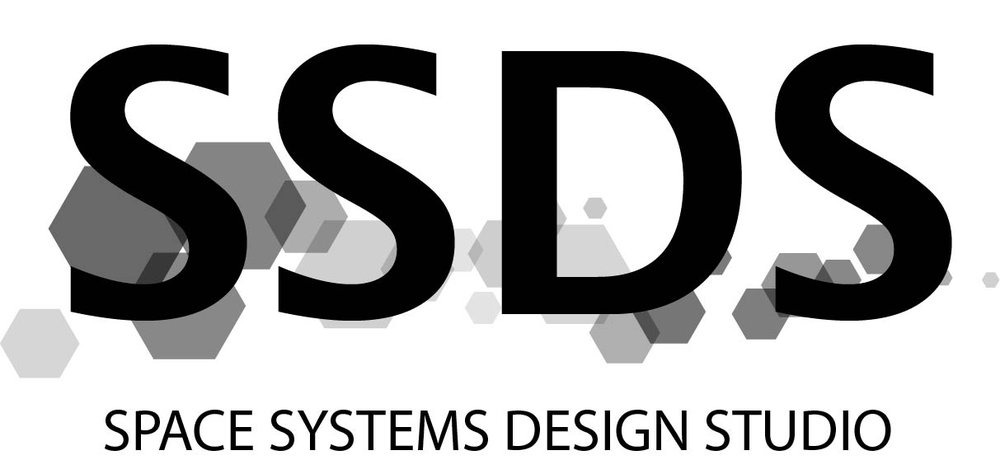CAD model of PMB Spacecraft
Pathfinder for Pitch Momentum Bias
There is a market for low-cost, low-SWaP attitude control solutions for CubeSat-class missions. Existing 3-axis stabilization solutions for CubeSats perform well but are overkill for a large segment of missions that have modest requirements associated with nadir or inertial pointing. A pitch momentum bias (PMB) solution can satisfy such requirements for lower size, weight, and power (SWaP) and cost. The inertial stiffness and torque capability from the single pitch-wheel provides stability in roll and yaw along with agility in pitch.
The Pathfinder for Pitch Momentum Bias (PMB-P) project will establish an architecture for a “pitch momentum-bias” spacecraft consistent with a 6U CubeSat platform with as much commonality as possible with Cornell's Pathfinder for Autonomous Navigation (PAN) research project. This project aims to integrate and test a protoflight article for possible launch-vehicle integration and flight demonstration.
This project will implement commercially available momentum/reaction wheels, magnetic torquers, and sensors (inertial measurement units, magnetometers, sun sensors), and provide value-added with an onboard Iridium modem that bypasses the need for ground-station radio equipment and a high-reliability, low-SWaP processor board and associated flight software. If successful, the technology will demonstrate the use of pitch-momentum bias as a viable attitude control architecture for small satellites. Moreover, the spacecraft will be able to accommodate a general payload for potential future missions.
We are currently looking for new team members to work on the following subsystems/projects:
Mechanical
Spacecraft bus design and analysis
Attitude Determination and Control
Control law design and development
Spacecraft dynamics simulation
Sensor and actuator design
Electrical/Power
Avionics and power system design
Solar panel development and testing

